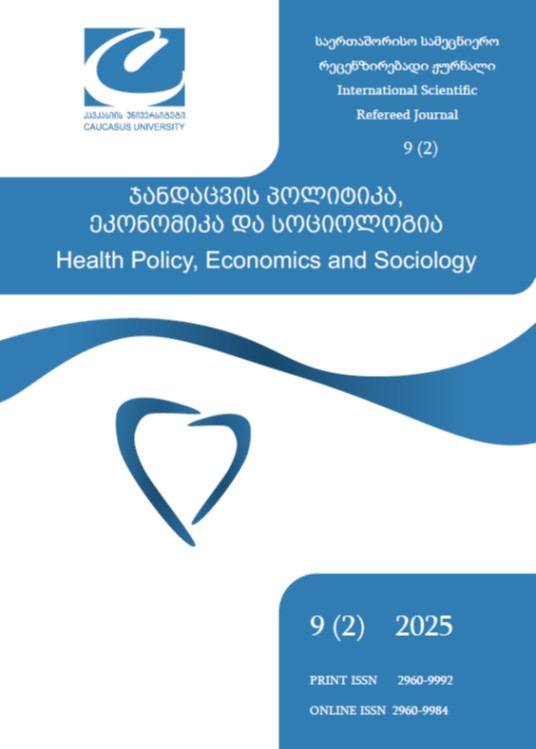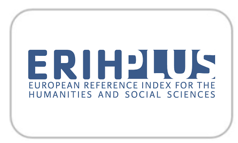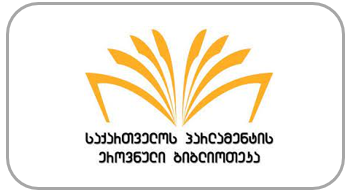Amphetamine-type stimulant-associated cardiomyopathy: a clinical case report
DOI:
https://doi.org/10.52340/healthecosoc.2025.09.02.08Keywords:
acute ventricular dysfunction, cardiomyopathy, methamphetamine, Amphetamine useAbstract
The use of methamphetamine and other amphetamine-type stimulants is increasing worldwide, resulting in significant increases in mortality and morbidity. Among the amphetamine-type stimulants, the toxic effects of methamphetamine on the neurological, cardiovascular, pulmonary, and renal organ systems are the best studied. Chronic use of amphetamines has shown that these substances have potentially significant cardiotoxic effects, which are caused by various mechanisms, including increased oxidative stress, excessive sympathetic activity, and direct myocardial toxic effects. Methamphetamine-associated cardiomyopathy and amphetamine-type stimulant-associated cardiomyopathy are both terms used interchangeably in the literature to describe this cardiovascular disease. Although the latter is not yet precisely defined, it should be considered an acquired cardiovascular disease characterized by otherwise unexplained cardiomyopathy during amphetamine exposure. The paper discusses a clinical case. The patient was hospitalized with acute ventricular dysfunction due to cardiomyopathy associated with amphetamine-type stimulants. The aim of the study is to study the role of amphetamine use in the development of heart failure in young people.
References
Bonsignore, A., Barranco, R., Morando, A., Fraternali Orcioni, G., & Ventura, F. (2019). MDMA Induced Cardio-toxicity and Pathological Myocardial Effects: A Systematic Review of Experimental Data and Autopsy Findings. Cardiovascular Toxicology, 19(6), 493–499. https://doi.org/10.1007/s12012-019-09526-9
Dominic, P., Ahmad, J., Awwab, H., Bhuiyan, Md. S., Kevil, C. G., Goeders, N. E., Murnane, K. S., Patterson, J. C., Sandau, K. E., Gopinathannair, R., Olshansky, B. (2022). Stimulant Drugs of Abuse and Cardiac Arrhythmias. Circulation: Arrhythmia and Electrophysiology, 15(1), e010273. https://doi.org/10.1161/CIRCEP.121.010273
European Union Drugs Agency (2025), European Drug Report 2025: Trends and Developments,. (2025). Publications Office of the European Union. https://doi.org/10.2810/3504283
Huang, M.-C., Yang, S.-Y., Lin, S.-K., Chen, K.-Y., Chen, Y.-Y., Kuo, C.-J., & Hung, Y.-N. (2016). Risk of Cardiovascular Diseases and Stroke Events in Methamphetamine Users: A 10-Year Follow-Up Study. The Journal of Clinical Psychiatry, 77(10), 1396–1403. https://doi.org/10.4088/JCP.15m09872
Online World Drug Report 2024—Drug market patterns and trends. (n.d.). Www.Unodc.Org. https://www.unodc.org/unodc/en/data-and-analysis/wdr2024-drug-market-trends.html
Reddy, P. K. V., Ng, T. M. H., Oh, E. E., Moady, G., Elkayam, U. (2020). Clinical Characteristics and Management of Methamphetamine‐Associated Cardiomyopathy: State‐of‐the‐Art Review. Journal of the American Heart Association, 9(11), e016704. https://doi.org/10.1161/JAHA.120.016704
Schürer, S., Klingel, K., Sandri, M., Majunke, N., Besler, C., Kandolf, R., Lurz, P., Luck, M., Hertel, P., Schuler, G., Linke, A., & Mangner, N. (2017). Clinical Characteristics, Histopathological Features, and Clinical Outcome of Methamphetamine-Associated Cardiomyopathy. JACC: Heart Failure, 5(6), 435–445. https://doi.org/10.1016/j.jchf.2017.02.017
Voskoboinik, A., Ihle, J. F., Bloom, J. E., & Kaye, D. M. (2016). Methamphetamine‐associated cardiomyopathy: Patterns and predictors of recovery. Internal Medicine Journal, 46(6), 723–727. https://doi.org/10.1111/imj.13050
Zweben, J. E., Cohen, J. B., Christian, D., Galloway, G. P., Salinardi, M., Parent, D., Iguchi, M., & Methamphetamine Treatment Project. (2004). Psychiatric Symptoms in Methamphetamine Users. The American Journal on Addictions, 13(2), 181–190. https://doi.org/10.1080/10550490490436055
ნარკოვითარების წლიური ანგარიში 2022. (2023). ნარკოვითარების მონიტორინგის ეროვნული ცენტრი. https://justice.gov.ge/files/iz7zjVX7E2Nb.pdf














